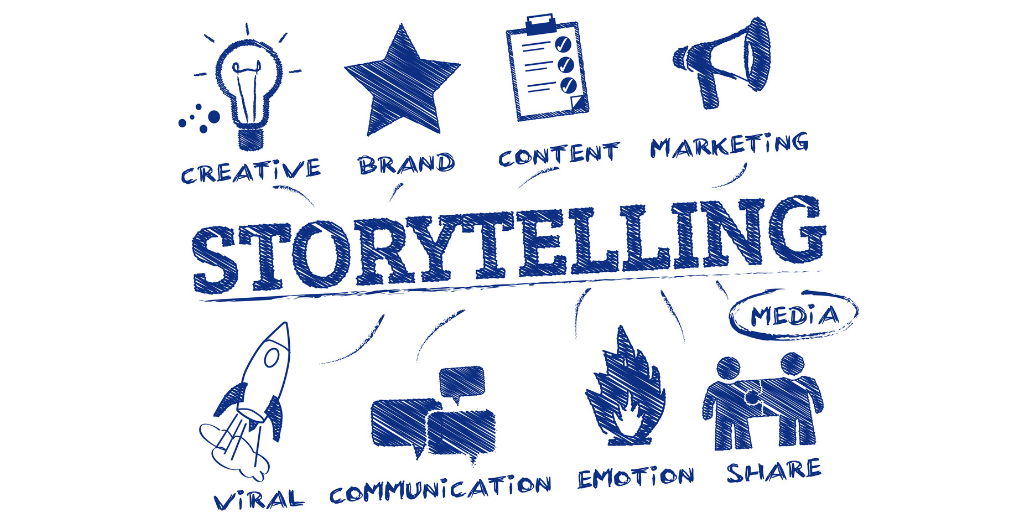The Power of Storytelling in Entrepreneurship
How Successful Entrepreneurs Use Their Personal Stories to Inspire and Connect with Their Audience

From Steve Jobs to Richard Branson, many successful entrepreneurs have been master storytellers. They know how to craft compelling narratives that capture the attention of their audience and inspire them to take action. In this article, we will explore the power of storytelling in entrepreneurship and how successful entrepreneurs use their personal stories to connect with their audience.
Why Storytelling Matters
Storytelling is an essential part of human communication. It is how we make sense of the world around us, and it has been used for centuries to educate, entertain, and inspire. In recent years, the business world has recognized the power of storytelling as a tool for building strong brands and engaging customers. As consumers become more sophisticated and discerning, they are looking for more than just products or services; they want to connect with brands on a deeper level. Storytelling allows entrepreneurs to do just that.
Personal Stories Create Emotional Connections
One of the most effective ways to connect with your audience is by sharing your personal story. Your story is unique, and it can create an emotional connection with your audience that goes beyond the features and benefits of your products or services. When you share your story, you show your audience that you are human, that you have struggled and overcome obstacles, and that you are passionate about what you do. This creates a sense of authenticity that can be difficult to achieve through other means.
For example, Spanx founder Sara Blakely’s personal story of creating her innovative shapewear product in her apartment and her struggle to get it on the shelves of major retailers has inspired millions of women and made her a household name. By sharing her story, she has created a deep emotional connection with her audience and established Spanx as a brand that empowers women.
Stories Make Brands Memorable
When you tell a story, you are creating a memorable experience for your audience. Stories are much more memorable than facts or statistics because they engage both the logical and emotional parts of our brains. A good story has the power to transport us to a different time and place and make us feel like we are a part of something special.
Take, for example, the story of Airbnb’s early days, when the founders used their credit cards to buy cereal and design custom breakfast cereal boxes to make their guests feel at home. This story has become a part of Airbnb’s brand identity, and it has helped them to stand out in a crowded market.
Tips for Crafting a Compelling Story
Crafting a compelling story takes time and effort, but the results can be well worth it. Here are some tips for entrepreneurs looking to tell their stories:
Be Authentic: Your story should be genuine and true to your experience. Don’t try to be something you’re not.
Find Your Angle: Look for the unique angle of your story that sets it apart from others. This could be a struggle you’ve overcome, a moment of inspiration, or a unique perspective on your industry.
Keep it Simple: Your story should be easy to understand and remember. Stick to the most important details and avoid getting bogged down in unnecessary details.
Use Emotion: Emotion is what makes stories memorable. Be sure to include the emotional highs and lows of your journey.
Practice: Practice telling your story until you are comfortable and confident. You never know when you might have the opportunity to share it with others.
In conclusion, storytelling is a powerful tool for entrepreneurs looking to connect with their audience and build a strong brand. By sharing your personal story, you create an emotional connection with your audience that goes beyond the features and benefits of your products or services. So take the time to craft your story.

